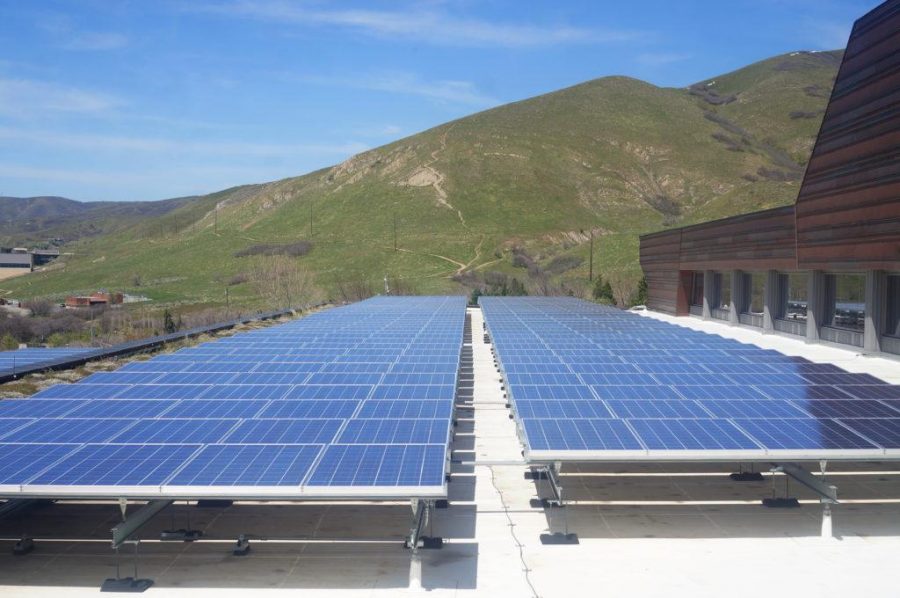On April 22, 2024, the Biden-Harris Administration and the Environmental Protection Agency announced the allocation of $7 billion in grants through the Solar for All competition. The Utah Office of Energy Development is one of 60 program awardees. They will be awarded $62.45 million to enhance access to solar energy for traditionally underserved communities across the state.
Roots in Federal Policy
This monumental investment is a key component of President Joe Biden’s Investing in America agenda. The Inflation Reduction Act’s Greenhouse Gas Reduction Fund funds The Solar for All program. It aims to significantly lower energy costs, create high-quality jobs and advance environmental justice while combating climate change.
“We’ll be leveraging these funds to supply grants and low-cost financing for those who would normally find the cost of installing solar power prohibitive,” Greg Todd, director of the OED, told the U. “In turn, funded projects will improve grid resiliency, lower emissions across the state and lower monthly utility bills for program participants. Our office sees this as a win for our utilities, our air and, most importantly, our consumers.”
The program also springboards off Biden’s Justice40 initiative. This initiative requires 40 percent of overall benefits from certain federal investments be directed to disadvantaged communities.
The EPA estimates that the initiative will enable over 900,000 households in low-income and disadvantaged communities to utilize solar energy. This could create $350 million in annual savings on electric bills. It could also reduce carbon dioxide equivalent emissions by 30 million metric tons over five years.
“Today we’re delivering on President Biden’s promise that no community is left behind by investing $7 billion in solar energy projects for over 900,000 households in low-income and disadvantaged communities,” EPA Administrator Michael S. Regan said in a statement.
A Collaborative Effort
The Utah Solar for All Coalition, led by the OED, brought together experts from several organizations to develop a proposal. Collaborators included the University of Utah, Utah Department of Environmental Quality, Utah Clean Energy, Salt Lake County and Salt Lake City.
The U played a significant role in the development of Utah’s proposal. The Office of the Vice President for Research Energy Futures Research Engine led the university’s contributions.
Dr. Marian Rice, associate director of the Energy Futures Research Engine at the University of Utah and member of the Utah Solar for All Coalition, said the impact of this grant was transformative.
“As you know, solar is quite expensive. The purpose of this program is really to be a mechanism for communities that otherwise may not be able to afford it,” Rice said. “This program aims to provide debt financing and private capital to stimulate these greenhouse gas and air pollution-reducing projects.”
Rice also highlighted the broader economic benefits of the initiative.
“Another important aspect of the Solar for All program is that it’s building wealth for these communities that otherwise would not have this opportunity,” she said. “It’s not just about providing clean energy; it’s about creating lasting economic opportunities.”
According to Rice and the EPA, the OED has not yet received its funding. Selected awardees will receive funding in July 2024.



